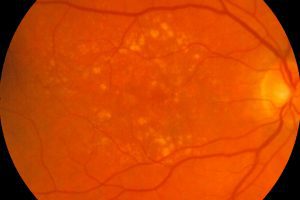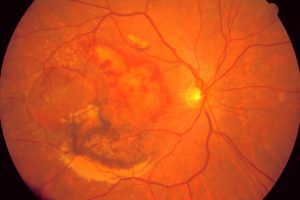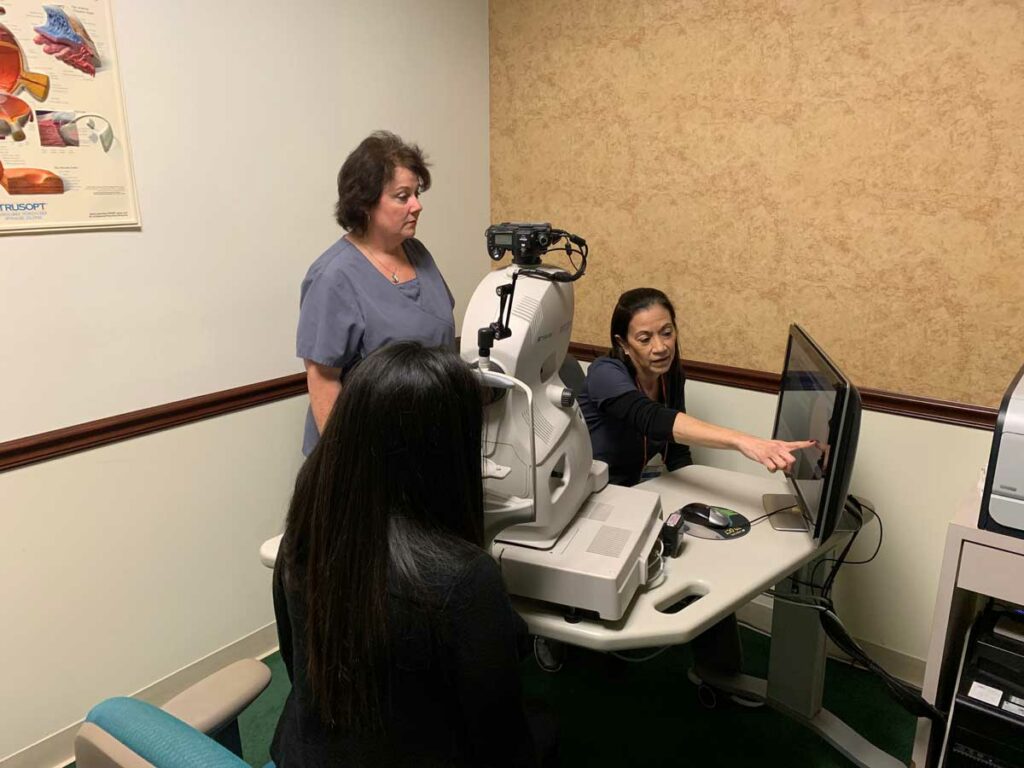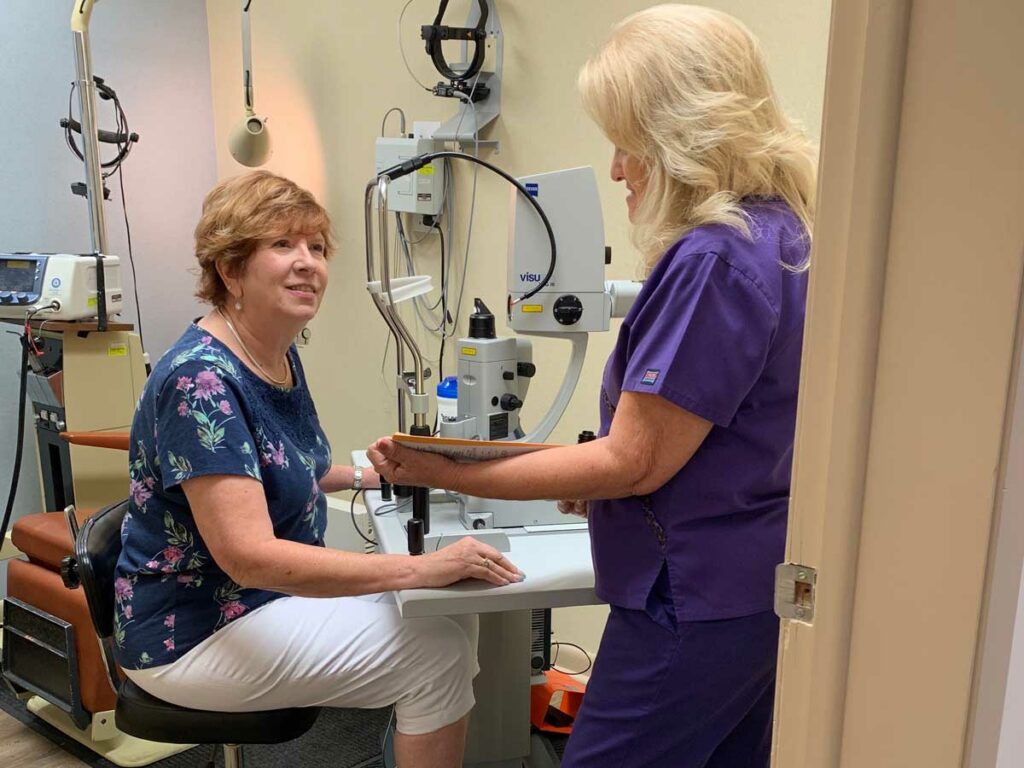Eye Centers of Florida is merging with Quigley Eye Specialists to become The Eye Associates.
Eye Centers of Florida has been a staple in the Southwest Florida region since 1971, improving the lives and wellbeing of every patient who walks through our doors. With top eye doctors and ophthalmologists on staff, you can feel confident coming to Eye Centers of Florida with any eye care need.
One issue that affects a particularly large number of our patients: age-related macular degeneration.
Macular degeneration, or age-related macular degeneration (AMD), is a leading cause of vision loss in Americans 60 years of age and older. But what exactly is it, and why do so many people suffer from it? There’s a clue in the name: the “A” in “AMD” stands for “age-related”. As you grow older, a part of the retina — the macula — starts to wear out. This controls the very center of your visual field and is responsible for fine-detail work such as reading and driving, which suffer in severe cases of AMD.

There are two different types of macular degeneration: dry macular degeneration and wet macular degeneration. Both can be caused by either a genetic predisposition for the disease or the byproduct of the natural aging process.

This type of degeneration accounts for around 90% of all AMD cases. Yellow deposits called drusen bodies form in the macula as you age. Having a small amount of drusen is normal and doesn’t mean you have AMD, but as you age and the number of drusen increases, these bodies can cause the macula to become thin, leading to dry macular degeneration.

Wet macular degeneration accounts for the other 10% of all AMD cases. In some instances, dry AMD progress into wet AMD. When you have wet AMD, abnormal blood vessels below the retina leak blood or other bodily fluids, causing severe and rapid vision loss.
The signs and symptoms of AMD can occur in one or both eyes. If it is only occurring in one eye, then it can take much longer to notice the symptoms.
These can include:

There is currently no cure for macular degeneration, but there are some treatment options with an early diagnosis. The first step is to see your eye doctor so they can diagnose you with either dry or wet macular degeneration. From there, your doctor will develop a treatment plan based on your diagnosis.

Since there is not a known cure for dry macular degeneration, a diagnosis can be overwhelming. Depending on the stage and severity of your AMD, your doctor may recommend a combination of supplements that have shown to limit the progression of the disease.
Knowing your stage of dry AMD is important to help determine if it will progress to wet AMD. Even though there is no cure, there are support services and assistive devices such as custom glasses and special computer screens to help people with dry AMD lead independent, active lives.
Wet macular degeneration can be treated with injections of vascular endothelial growth factors (VEGF) blockers into the eye. These treatments can target specific chemicals in the body that cause abnormal blood vessels to grow in the eye. This can stop the progression of the disease and even improve your vision.
In some cases, outpatient laser surgery slows or stops the leaky blood vessels from causing more damage in the eye. A procedure called photodynamic therapy uses a special type of drug that is activated by a low-powered laser to close the abnormal blood vessels. This treatment does not cause as much damage to the retina as regular laser surgery can, making it an ideal treatment to help slow or stop the progression of wet AMD.


After being diagnosed with AMD, there can be mixed emotions. A loss of vision can severely impact independence and productivity by limiting the ability to read, drive, and even recognize friends and loved ones.
The key to maintaining a high-quality life with AMD is early evaluation and establishing treatment options for your particular type of macular degeneration. If you feel like you or a loved one may be experiencing the signs and symptoms of AMD, you should schedule an appointment with a specialist at Eye Centers of Florida as soon as possible.
At Eye Centers of Florida, we have comprehensive eye exams that clearly show if you have AMD or are at a higher risk for developing this condition. After your evaluation, we will work with you to develop a personalized treatment plan to give you the best results possible.
A genetic test for patients who have been diagnosed with early or intermediate Age-Related Macular Degeneration.
The Macula Risk test can determine your risk of AMD progression based on a simple cheek swab. Using this advanced technique, we are able to identify certain DNA markers that have strong associations with advanced AMD.
No matter the type or cause of macular degeneration, it needs to be addressed as quickly as possible. The professionals at Eye Centers of Florida will ensure that your case is expertly evaluated by a doctor who is experienced in diagnosing and treating age-related macular degeneration. This way, you can get the results you deserve through a personalized treatment plan.
If you do not currently have AMD, you can get a painless, non-invasive genetic test to tell you if there is a risk of developing this condition later in life.